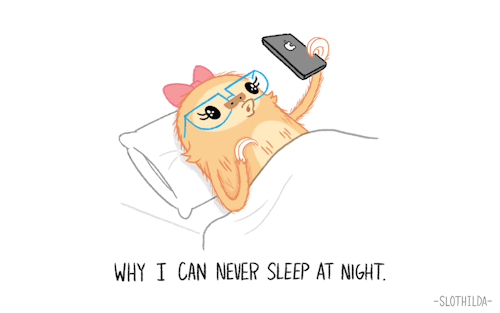Debut finds 84% of students have university-related nightmares

Find yourself dreaming about deadlines at night? Waking up in a cold sweat after a nightmare about exams? Debut’s research has found that you’re not alone, as 84% of students claim to have university-related dreams or nightmares.
With exams just around the corner, we decided to conduct some research into students’ sleeping habits and how these might be affecting your performance. The results? The stress of university and the pressure to succeed, as well as student lifestyle habits, mean that students aren’t getting the sleep they need.
We busted some sleeping myths, and spoke to Channel 4’s resident sleep expert, leading sleep physiologist and owner of the Sleepyhead Clinic, Stephanie Romiszewski, to get some top tips on how you can ensure you catch those all-important zzz’s.
Sweet dreams

Two years after graduating, I still get the occasional dream about approaching deadlines or exam revision, but it turns out that university stress encroaches on the majority of students’ slumber. 84% of students admitted they have stress or university-related nightmares, and almost half of these said nightmares were recurring
The top five most common nightmares were related to:
- Exams
- Failing exams / courses / uni
- People and relationships
- Health (teeth and hair falling out / not being able to breathe)
- Debt
Relatable? Of course it’s difficult to control what you dream about, but dreams are a sign of a disturbed night. Stephanie explains: “Dreaming is normal, however if you can recall details of a dream – whether bad or good – it means your sleep has been disrupted.”
Time for an early night

Students tend to fall into one of two categories. Those who sleep all the time, whether that’s through a lecture or during a midday nap, and those who barely sleep at all, staying at the library into the early hours cramming in some revision.
In actual fact, it seems that the latter defines students the most: 18% of students admitted they only sleep for 3-5 hours a night! To put that in context, the experts recommended getting between 7-9 hours sleep. This means that 1/5 of students are only getting around 50% of the sleep they’re supposed to. We also discovered that a whopping 74% of students often forfeit sleep in order to fit in extra studying – a super unhealthy sleeping habit.
But length of sleep is not the only important factor – Stephanie says “it’s vital to remember that it’s not just about sleep duration. In fact, sleep quality is far more important! We forget this, and strive for lots of hours in bed, which can lead to so much anxiety that we end up sleeping less!”
Sleep myths busted

Whether it’s an evening stroll or an Instagram scroll, we all have set routines to help us get a good night’s sleep, but it turns out some are a lot more effective than others.
We asked you guys what techniques you use to ensure a good night’s sleep, and got sleep expert Stephanie to tell us whether these are effective tactics or not. While some are a good idea, it turns out others might not be doing much good at all:
[table id=25 /]
So if you’re struggling with sleep at university, don’t forget that you’re not alone. The most important thing is to try and find a solution that works for you, so you’re able to get the all the snooze you need to help you reach your full potential.
Connect with Debut on Facebook, Twitter, and LinkedIn for more careers insights.


